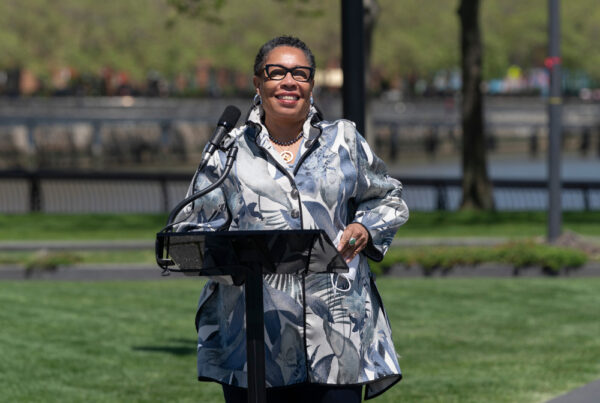HUD announces New Protections for Victims of Harassment and Domestic Violence Go into Effect on October 14, 2016.
Many municipalities have adopted local nuisance ordinances for the purpose of allowing landlords to evict domestic violence survivors and others who seek police or emergency assistance. Private and public housing providers should make sure that should they choose to evict based on local nuisance ordinances that they are not in violation of the Fair Housing Act. HUD is taking this issue seriously.
“On the 22nd anniversary of the Violence Against Women Act, HUD makes it clear that no one should have to choose between calling 9-1-1 and being evicted,” said HUD Secretary Julian Castro. “A home should be a sanctuary where everyone can live without the threat of violence or harassment. The actions we take today will work together to protect the housing rights of victims of harassment and survivors of domestic violence.”
Protections Against Hostile Environments
We want to make you aware of HUD’s Harassment Rule titled Quid Pro Quo and Hostile Environment Harassment and Liability for Discriminatory Housing Practices under the Fair Housing Act. The final rule specifies how HUD will evaluate claims of “hostile environment” and “quid pro quo” harassment in both private and publicly-assisted housing. “Hostile environment” sexual harassment involves subjecting a person to unwelcome conduct that is sufficiently severe or pervasive that it interferes with or deprives the person of the right to use and enjoy their housing. “Quid pro quo” harassment involves subjecting a person to an unwelcome request or demand and making a submission to the requestor demand a condition related to the person’s housing.
In this document, HUD’s Guidance on Application of Fair Housing Act Standards to the Enforcement of Local Nuisance and Crime-Free Housing Ordinances against Victims of Domestic Violence, Other Crime Victims, and Other who Require Police or Emergency Services informs state and local governments, as well as private and public housing providers, as to how HUD will assess nuisance or crime-free housing ordinances, policies, or practices alleged to be discriminatory under the Fair Housing Act. Per HUD’s memo, harassment in housing threatens a resident’s safety and privacy in his or her own home. In HUD’s experience enforcing the Fair Housing Act, low-income women – often racial and ethnic minorities and persons with disabilities – may be particularly vulnerable to sexual harassment in housing. The final rule provides formal uniform standards for evaluating claims of a hostile environment and quid pro quo harassment in the housing context.



